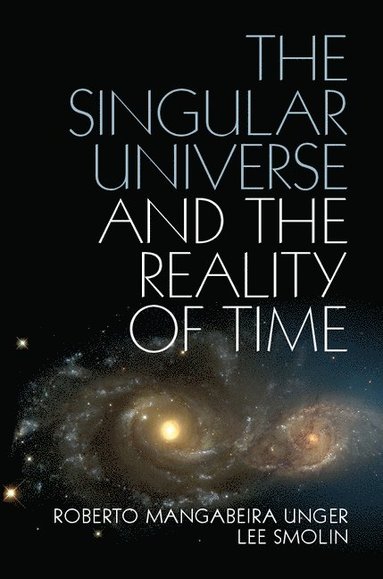
Fler böcker inom
- Format
- Inbunden (Hardback)
- Språk
- Engelska
- Antal sidor
- 566
- Utgivningsdatum
- 2014-12-08
- Förlag
- Cambridge University Press
- Dimensioner
- 160 x 231 x 38 mm
- Vikt
- ISBN
- 9781107074064
- 953 g
The Singular Universe and the Reality of Time
A Proposal in Natural Philosophy
Inbunden,
Engelska, 2014-12-08
592
- Skickas från oss inom 7-10 vardagar.
- Fri frakt över 249 kr för privatkunder i Sverige.
Finns även som
Passar bra ihop
De som köpt den här boken har ofta också köpt Orbital av Samantha Harvey (häftad).
Köp båda 2 för 755 krKundrecensioner
Har du läst boken?
Sätt ditt betyg »
Fler böcker av författarna
-
Einstein's Unfinished Revolution
Lee Smolin
-
Trouble with Physics
Lee Smolin
-
Knowledge and Politics
Roberto Mangabeira Unger
-
Critical Legal Studies Movement
Roberto Mangabeira Unger


